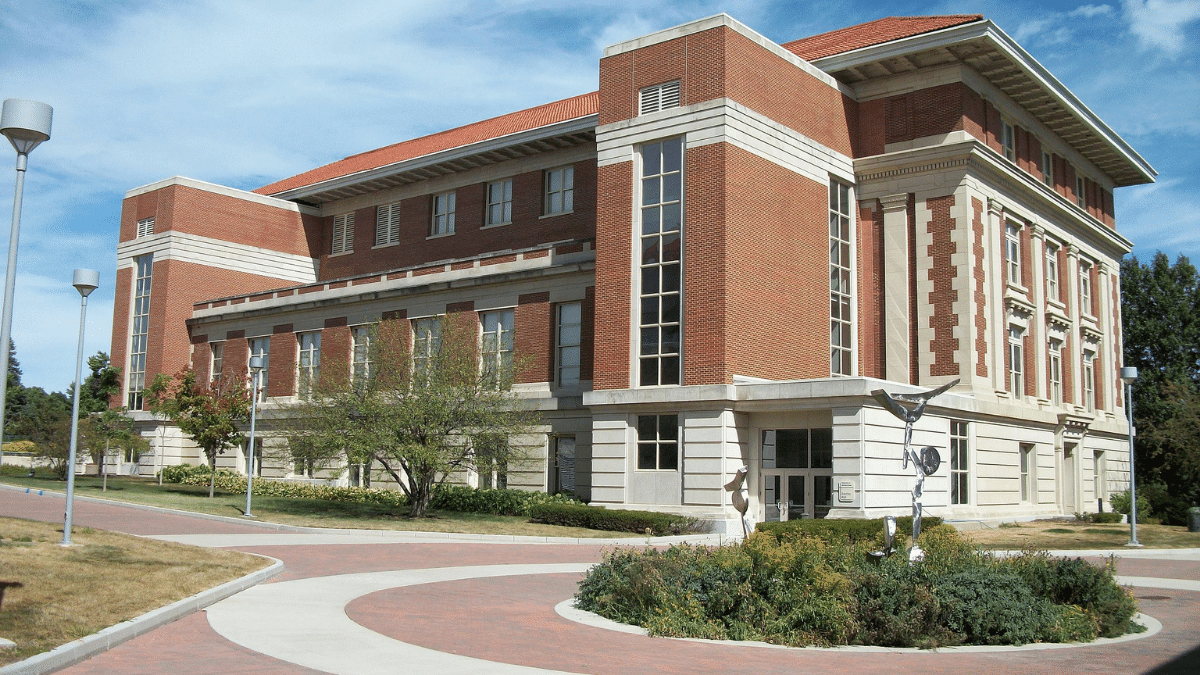Professor Sues University Over Plagiarism Investigation

Yesterday, an article by Clark Kauffman at the Iowa Capital Dispatch, looked at the case of Gayle Pohl, a tenured professor of public relations at the University of Northern Iowa (UNI).
Pohl is suing her school claiming it unfairly disciplined her over allegations of plagiarism and that the process the school used to reach its conclusions was full of bias against her.
According to court records, In December 2017 and January 2018, a faculty member at the university filed a complaint with the university’s research integrity officer that indicated Pohl had committed plagiarism in two separate publications, one in 2013 and another in 2017.
The matter was then forwarded to a panel, which decided that the matter should be handled by a formal investigation committee. That committee convened and conducted an investigation of the work, including an interview with the complainant.
After finishing the investigation, the committee decided that Pohl had not committed plagiarism, but instead had committed “research misconduct” broadly. In April 2019, the school disciplined her by revoking her status as a graduate family member, prohibiting her for apply for a promotion to full professor and barring her from serving on any of the school’s committees.
Pohl contested and appealed that decision, but an arbitrator sided with the school in September 2021. That decision was made final in December 2022, which led to the lawsuit in February filed by Pohl.
According to Pohl, the entire process was riddled with issues. First, she claims that at least one of the members of the investigation committee was biased against her as they were picked by the complainant and expressed interest in being involved.
Second, she claims members of the investigation committee were paid $1,500 for their service, despite there being no provision for paying for such service in the school’s code.
Third, she alleges that the committee was improperly given access to previous allegations of plagiarism against her that involved two other publications. This is despite the fact the original panel was instructed to only focus on these allegations directly.
Finally, she claims that the offense of “research misconduct” does not exist in the school’s policies.
As such, she is seeking judicial review of the claims against her and an order that would reverse or otherwise modify the university’s final decision.
The lawsuit itself is not unique, we’ve seen a rise of students and instructors alike hitting back at academic integrity processes in the court system. However, this case is a stern reminder of the various issues that schools do have to contend with in this area and the importance of good policies that are clear and as free of subjectivity as possible.
A Growing Trend
We’ve seen a growing trend in recent years of students and instructors being disciplined over academic integrity violations and then taking their case to courts of law in hopes of getting those decisions overturned.
However, those lawsuits have, by in large, not been successful.
There are multiple reasons for this. The biggest is that they are generally hesitant to overturn decisions made by academic experts. This sets a high bar for would-be plaintiffs in these cases as a state or federal court is not going to simply be another appeal on the academic integrity issues.
In short, there has to be something legally wrong with the process and, whatever that problem is, has to have altered the outcome.
As we discussed in a previous post about this issue, courts tend to look at three issues:
- Adequate Due Process: Did the school give the accused an adequate opportunity to defend themselves?
- Discrimination: Was the student discriminated against or were otherwise singled out unfairly?
- Breach of Contract: Did the school violate their own rules and contracts with the person filing the lawsuit?
If the answers to those questions are all no, the court pretty much always defers to the school’s judgment. However, even if there is a yes, the court usually examines if the error had an impact on the outcome. If it didn’t the court typically defers to the school again.
Courts, in general, don’t want to become academic and research integrity experts. They would much rather defer to the school unless there is a very clear reason they can’t.
Implications in This Case
Once we understand that, it becomes fairly easy to apply those three areas to Pohl’s case.
The first point isn’t much of an issue, The investigation took place over the course of five years and there were multiple appeals and processes where Pohl could defend herself.
The second is hairier but still unlikely to be relevant. Though she claims one member of the committee was personally biased against her, it’s unclear what impact that would have. Second, her claims that the committee was pushed to find issues due to their payment fall apart if they would have been paid same either way.
However, both points are largely moot as both another panel and an appeals process also had similar findings and there are no indications of similar biases in those processes.
The case ultimately seems to hinge on whether or not the school violated its own rules and its own processes. This is a thorny question that is heavily fact-specific.
If we accept the complaint at face value, it does appear that the university deviated from its written policies. However, it’s unclear if those deviations were enough for a court of law to step in. Even if it does, did the deviations alter the outcome?
As someone who has worked many of these cases, the university didn’t do anything that seems wholly unusual. Paying committee members and investigating previous cases to find patterns or history are both fairly normal actions, even if they aren’t spelled out in the school’s code.
But that does raise another point, they should have been spelled out. Academic and research integrity process is a messy one and, as we’re seeing here, one that increasingly lands before courts of law.
Questions such as who should be on the investigation committee? Should they be paid? What evidence should they be allowed to consider? What happens if there is a conflict of interest? Etc. are important questions that should be codified into policy. However, they often aren’t.
That creates situations such as this where a person can claim bias and that the school didn’t follow its own policy, even if the process was as fair as possible. The question is whether the court will agree.
Given the history of these kinds of cases, that seems unlikely. But, as we’ve seen before, predicting the courts is a fool’s errand.
Bottom Line
To be clear, I’m not saying the process at UNI was perfect, I have no way of knowing if it was. However, even if I accept the complaint at face value, nothing particularly odd stands out.
Sure, there are things I would have preferred, a clearer policy and outside academics being brought in to hear the case are two good examples, but nothing described was odd in these kinds of cases. For better or worse, universities routinely do these kinds of things.
But moving forward, it’s important for universities to make these kinds of issues clear in their policies. It may seem pedantic, but as cases like this prove, pedantry is often the exact reason such cases move from an academic tribunal to a court of law.
That is something that all schools should drive to avoid.
Header Image: Feddacheenee, CC BY-SA 3.0, via Wikimedia Commons
Want to Reuse or Republish this Content?
If you want to feature this article in your site, classroom or elsewhere, just let us know! We usually grant permission within 24 hours.
